It's not unusual to want a calm and obedient dog. It's not common to want the relaxed and faithful type either. If you have a happy and obedience trained dog you are way more likely to experience less hassles and more comfort when around other dogs. Many communities wants your dog to be well trained as well. This rings true for the aggressive type dogs like pitbulls and rottweilers, especially.
And of course, training your dog well will also make he or she a much better family companion, especially in households where there are young children. Many studies have shown that proper dog training makes a big impact when it comes to cutting down the number of dog bits and other behavior problems encountered by dog owning households.
When considering training your own dog, or having someone else help you train it, there are certain basic commands that must be mastered in order for a dog to be considered truly trained.
The basic commands are as follow:
* Heel - a dog should be able to walk besides their owner in a calm manner without lagging behind.
* Respond to the word No - using the simple yet effective word "no" is something your dog absolutely MUST learn. If you teach it to respond well to this word you'll save tons of valuable time.
* Sit - one of the most basic commands that is vital for your dogs well being. This is ALWAYS in a professionally outlined dog training program, guaranteed.
* Stay - The command stay should be used to ensure your dog is staying when it's about to run off and is obviously very important.
* Down - Having your dog lie down for you is not a "cute trick", but a very smart tool for your dog training. It's also included in most quality dog training series.
To successfully train your do it is not only important to be kind and dominant, but this also makes sure you have an increased bond and friendship. A well trained dog is usually a companion and friend. Establish yourself as the pack leader to make sure the dog follows and obeys. Dogs are pack animals so this is critical for your dog training success.
Establishing yourself as pack leader is a very important concept for any potential dog trainer to understand. There is only one leader in every pack of dogs, and the owner must establish him or herself as the dominant animal. Failure to do so leads to all manner of behavior problems.
The power of owning a relaxed, well fed and fully trained dog will always follow the basic commands. The dog will never feel confused or act anxious. Professional dog training programs allow the dog to learn and expect commands being thrown at him and is correctly taught to obey. Positive rewarding dogs who are loving and willing to do what they are told are often a result of well trained obedient dogs.
It's not only about being a good member of the local community, but obedience training is also a great fulfilling way to make your dog have great exercise and security. This is of course easily managed when the dogs knows what to expect and has a feeling of accomplishment when he performs an important job. He'll also feel as though he has a tangible goal to reach.
Getting your dog to do small jobs and have fun is more important then you may think. Dogs were originally used to do jobs, such as protect humans, herd sheep or protect property. Modern dogs have less of this and therefore they are easily bored. This may very well lead to boredom and obedience problems for your dog!
Basic obedience training, and ongoing training sessions, provide the dog with an important job to do. This is especially important for high energy breeds like German shepherds and border collies. Training sessions are a great way for these high energy dogs to use up their extra energy and simply to enjoy themselves.
Incorporating playtime into your dog training sessions is a great way to prevent both yourself and your dog from becoming bored. Playing with your dog helps to strengthen the all important bond between you - the pack leader - and your dog.

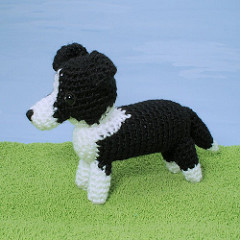 Train Your Border Collie Dog With These Helpful Hints
Train Your Border Collie Dog With These Helpful Hints
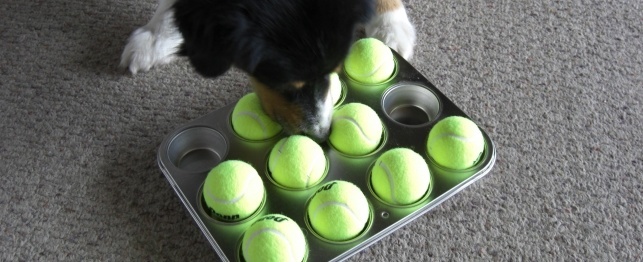 The Fabulous Muffin Tin Game for Dogs
The Fabulous Muffin Tin Game for Dogs
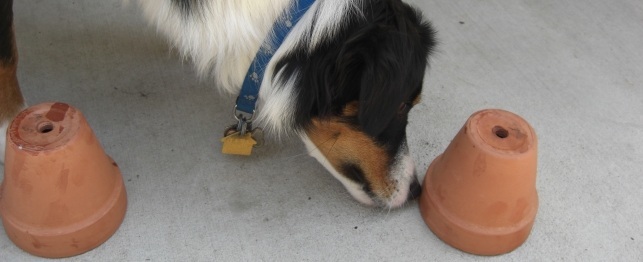 Flower Pot Scenting Game for Dogs
Flower Pot Scenting Game for Dogs
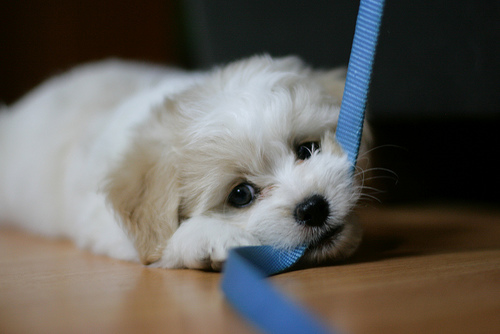 Teaching Your Dog Polite Leash Skills - Canine Manners 101 Dog Training Series
Teaching Your Dog Polite Leash Skills - Canine Manners 101 Dog Training Series
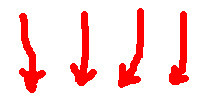 Stop Dog Digging: Find Fun And Easy Ways To Train Your Dog
Stop Dog Digging: Find Fun And Easy Ways To Train Your Dog
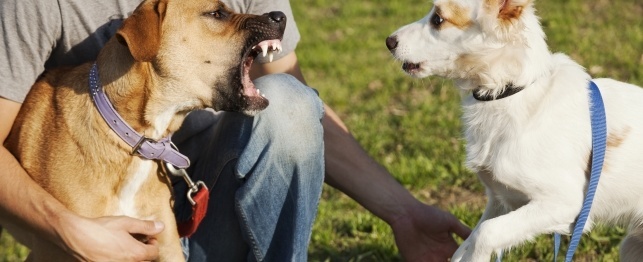 Dog Parks and Bites: What You Need to Know
Dog Parks and Bites: What You Need to Know
 Dog Games - Try Puppy Push-Ups
Dog Games - Try Puppy Push-Ups
Dog Games - Try Puppy Push-Ups
Dog Games - Try Puppy Push-Ups
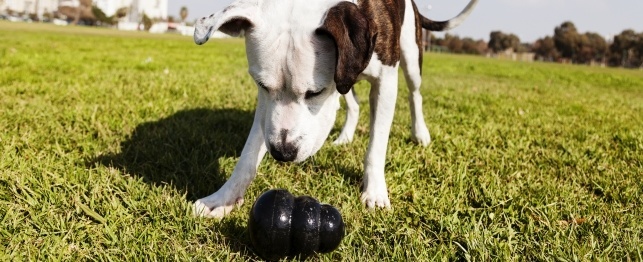 Commercial Brain Games Challenge Your Dog
Commercial Brain Games Challenge Your Dog
Commercial Brain Games Challenge Your Dog
Commercial Brain Games Challenge Your Dog
 Games for Dogs: Bobbing for Biscuits
Games for Dogs: Bobbing for Biscuits
Games for Dogs: Bobbing for Biscuits
Games for Dogs: Bobbing for Biscuits
 Flower Pot Scenting Game for Dogs
Flower Pot Scenting Game for Dogs
Flower Pot Scenting Game for Dogs
Flower Pot Scenting Game for Dogs
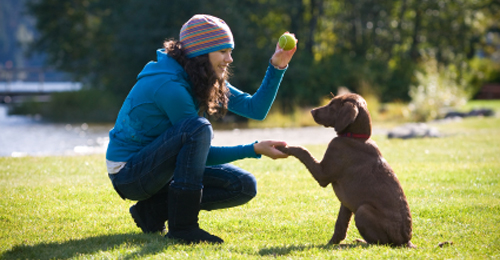 Secrets To German Shepherd Coaching
Keep the courses sessions short but often. When things lose
Secrets To German Shepherd Coaching
Keep the courses sessions short but often. When things lose